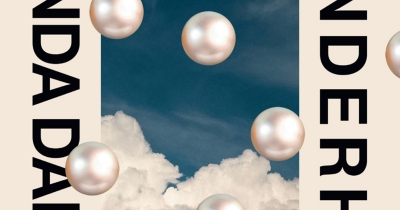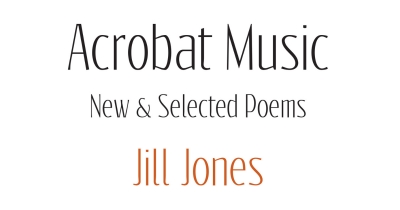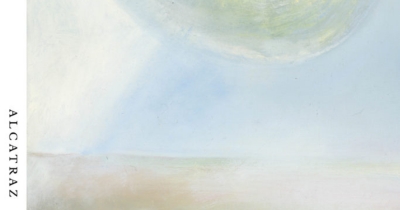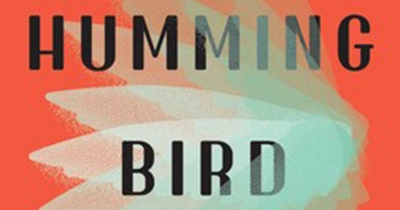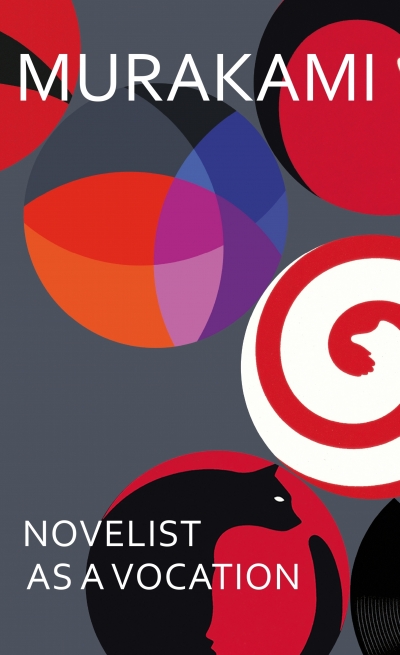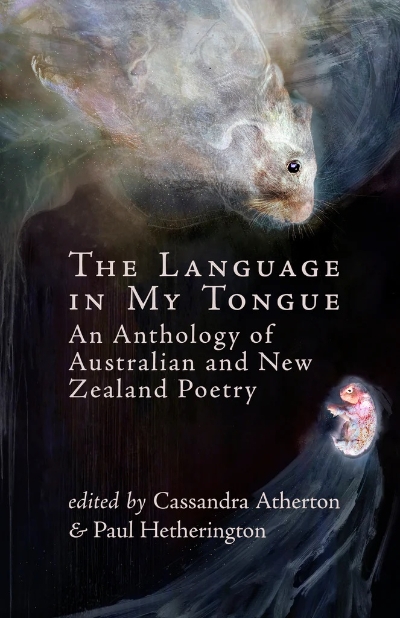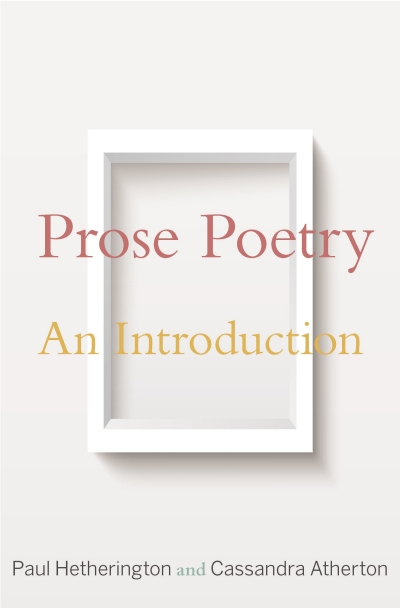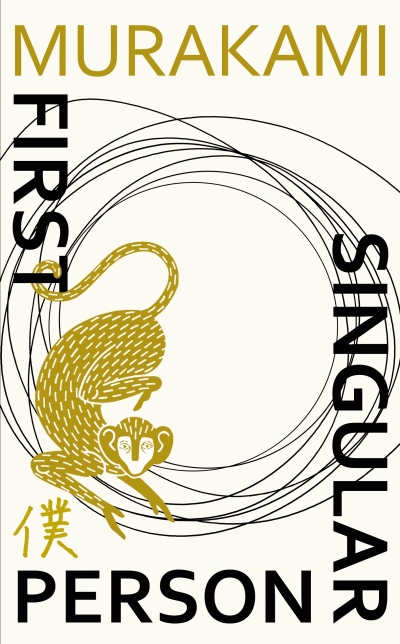Cassandra Atherton
Alcatraz edited by Cassandra Atherton and Paul Hetherington
by Judith Bishop •
Novelist as a Vocation by Haruki Murakami, translated by Philip Gabriel and Ted Goossen
by Cassandra Atherton •
The Language in My Tongue: An anthology of Australian and New Zealand poetry edited by Cassandra Atherton and Paul Hetherington
by David Mason •
The Burnished Sun (UQP, $29.99 pb, 288 pp) by Mirandi Riwoe, Danged Black Thing (Transit Lounge, $29.99 pb, 240 pp) by Eugen Bacon, and Sadvertising (Vintage, $32.99 pb, 298 pp) by Ennis Ćehić are powerful, inventive, and self-assured short story collections that traverse fractured and contested ground through their often displaced and alienated narrators.
... (read more)Prose Poetry: An introduction by Paul Hetherington and Cassandra Atherton
by Anders Villani •


